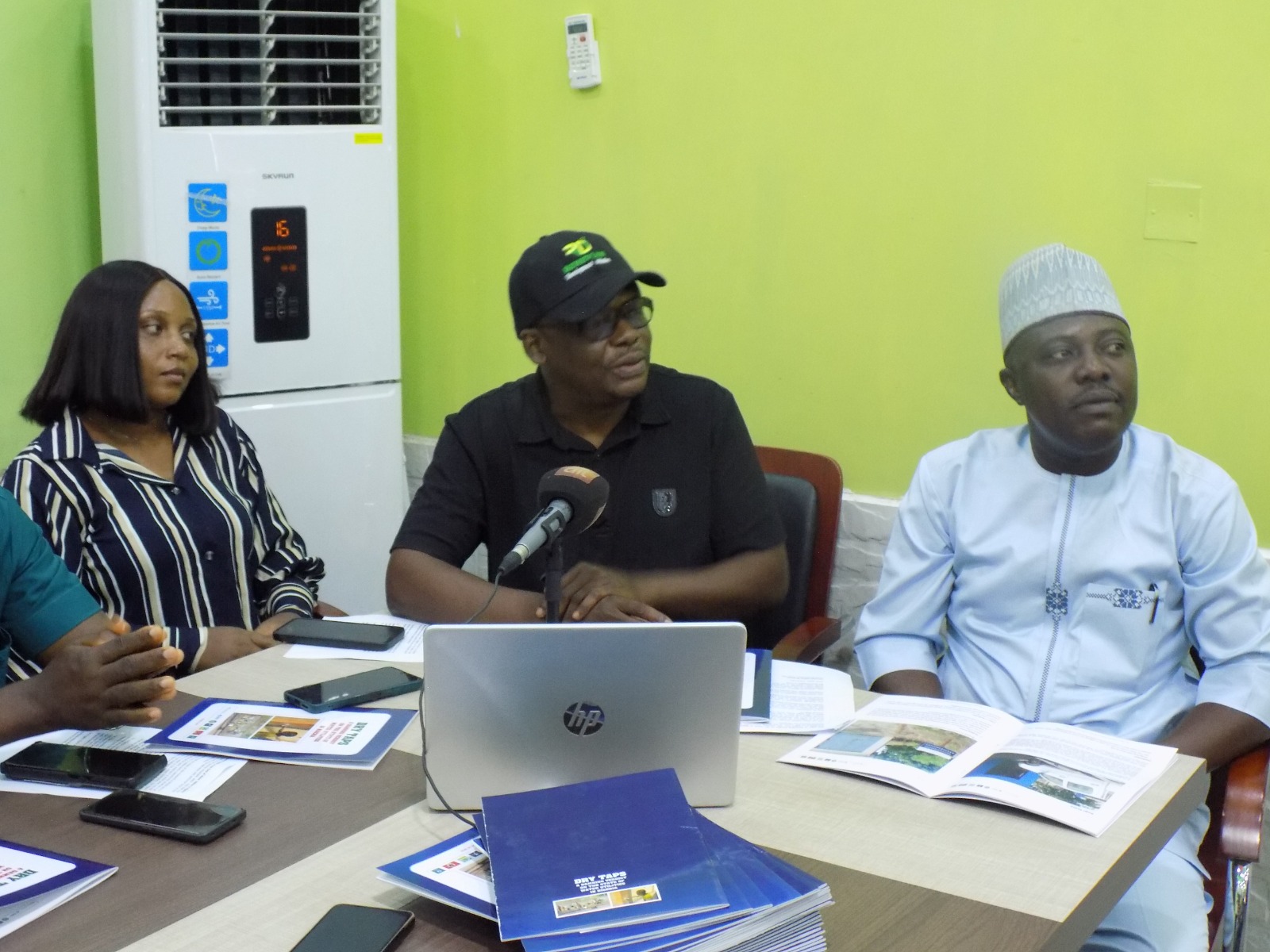Climate Change
Climate change occurs over time due to extractive activities and an industrialization culture that causes the release of Green House Gases (GHG) into the atmosphere. According to the Intergovernmental Panel on Climate Change [IPCC] Africa is one of the lowest contributors to GHG emissions causing climate change, yet carries the biggest burdens of the climate impact. Key development sectors have already experienced widespread losses and damages attributable to this human-induced climate change, including biodiversity loss, water shortages, reduced food production, loss of lives and reduced economic growth.
The IPCC advices that limiting global warming to 1.5°C will reduce damages to African economies, agriculture, human health, and ecosystems compared to higher levels of global warming but unfortunately the impacts of climate change are already upon the continent. Agricultural productivity growth has been reduced by 34% since 1961, more than any other region. As global temperatures increase it alerts that extreme variability in rainfall and river discharge across Africa will have negative impacts across water-dependent sectors. Rapid urbanisation, infrastructure deficit, and growing population in informal settlements on the continent are also impacts of the climate crisis in Africa.


In northern Nigeria, the Lake Chad which has shrunk to less than 1,500 square kilometers in recent years from about 25,000 square kilometers in the 1960s has led to the displacement of over 7 million people. The vanishing coastlines in the southern part of Nigeria is blamed for congestion in cities like Warri, Port Harcourt and Lagos.
In all these, local communities are the theatre of the crisis. These communities and their challenges are largely unheard at the UN Climate Change Conference – the only global forum where climate decisions are taken. The communities are sufferers of unsustainable corporate practices that continue to destroy the environment and profit the transnational oil corporations. Adaptive and mitigation frameworks adopted by governments are largely imposed on communities and ignore their real concerns and needs. Through our engagement at the community level we intend to document these impacts and amplify the voices of the locals and advance their call for climate justice.
Our Areas of Intervention
- Documenting Impacts on Frontline Communities
- Media Engagements
- Networking with Coalitions and Movements
- Policy Level Advocacy
- Capacity Building


